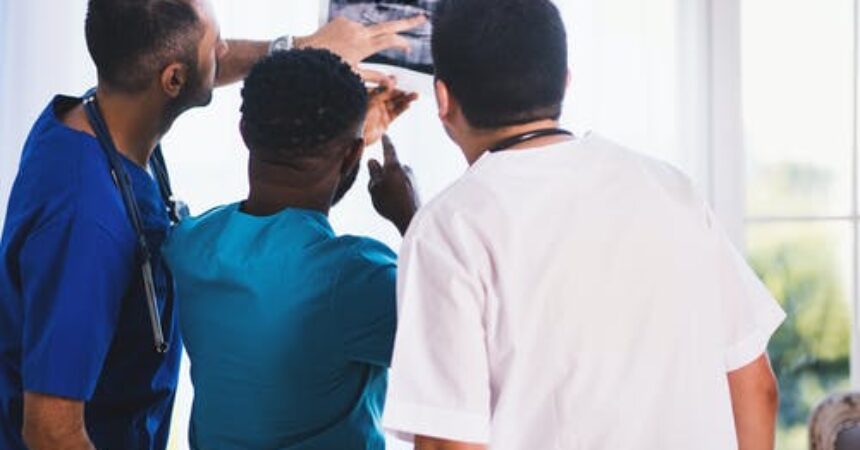Before the covid-19 pandemic in early 2020, Canada welcomed over 400,000 new international students in the previous year. Reports said that it doubled the number of study permits released by the Canadian government since 2015. Most of these students came from India, which has the highest number, China, South Korea, France, and Vietnam.
The idea of studying and living in one of the most popular student destinations in the world may sound exciting. But applicants need to accomplish many requirements, including a complete medical exam.
What Is Student Visa Medical Examination?
The immigration medical examination (IME) is one of the most vital requirements for Canada’s student visa, in addition to the following:
- Proof of funds
- International English Language Testing System (IELTS) score
- Valid passport
- Acceptance proof by a designated learning institution
- Statement of purpose
- Credit card
- Police certificate
Where and Whom to Get a Medical Test?
Applicants can get a medical exam in their home country or any other country they choose, as long as an IRCC-approved immigration panel physician conducts the test. The same doctor will also issue a Health certificate valid for one year.
Visa applicants can find a panel physician near them at the CIC page, or they can opt to search for themselves online.
What Medical Tests Are Required?
Visa candidates suffering from infectious diseases, such as tuberculosis and active syphilis, and those with direct contact with others with contagious diseases are considered inadmissible. Medical exam results that show psychiatric conditions that may trigger violent behavior are often denied. They also refuse medical conditions that require hospitalization and continuous medical care.
Generally, physical checks and tests for the following are mandatory:
- Eyes
- Nose
- Heart
- Lungs
- Chest X-rays
- Syphilis test
- Urine test
What to Expect During the Medical Exam?
Before their appointment, it’s always best for applicants to visit the website of their chosen panel physician if there is any to learn more about the requirements and the procedure itself. Sometimes, applicants forget to bring essential documents, and the doctor will not perform the test if they lack even a single requirement.
At the clinic, they have to present identification to confirm their identity before answering a medical history questionnaire. Being honest about previous or current medical conditions can avoid problems and delays during the process. Typical steps include:
- Weighing
- Measuring their height
- Hearing and vision check
- Blood pressure taking
- Feeling their pulse
- Heart and lungs listening
- Feeling their abdomen
- Checking their limbs move
- Inspecting their skin
Depending on the applicant’s age, the doctor may request chest x-rays and laboratory tests. They may also require more tests based on their medical exam results. After the medical exam, the applicants will receive a result, plus a document confirming they had the test.
Applicants’ Rights During the Medical Exam
Visa candidates must be aware of their rights during their medical exam, such as bringing a chaperone during the procedure. The following actions are also allowed:
- They can stop the medical exam any time to ask questions about what the doctor is doing.
- They can request the facility to have a staff member inside the testing room.
- They can also stop the medical examination and ask for a chaperone, even if they refused it at first.
In case of dissatisfaction with how the panel physician or panel radiologist carried out the exam and tests, they may complain using the web form or contacting the client support center on the IRCC website.
How to Pass the Medical Exam to Get a Student Visa?
A few days before the medical exam, applicants should consider following a healthy diet and lifestyle, including sleeping well, staying hydrated, and reducing stress. If they know they have existing medical and mental conditions that may affect their medical test result, they can opt to work with legal experts. Typically, immigration officers send a procedural fairness letter through email or snail mail to a student visa candidate to answer any concerns they find, including medical results.
Click here for student visa applicants living in Ontario and Ottawa who have not yet chosen any approved panel physician.











